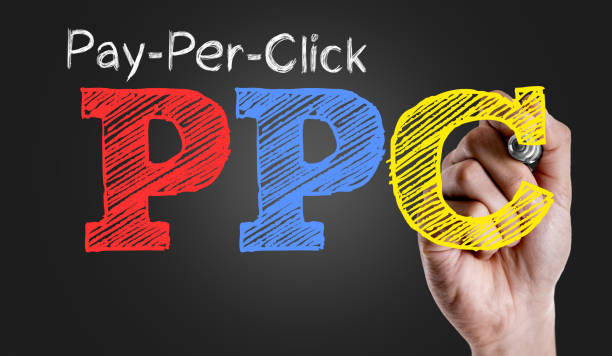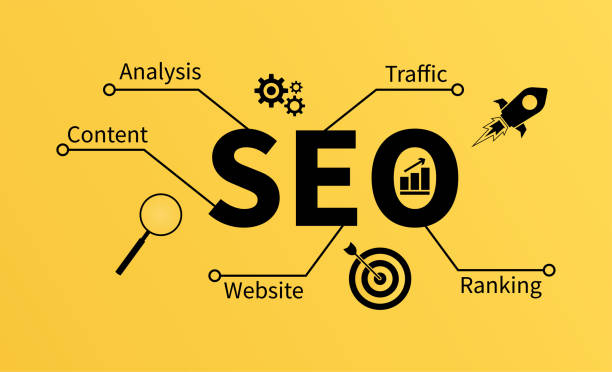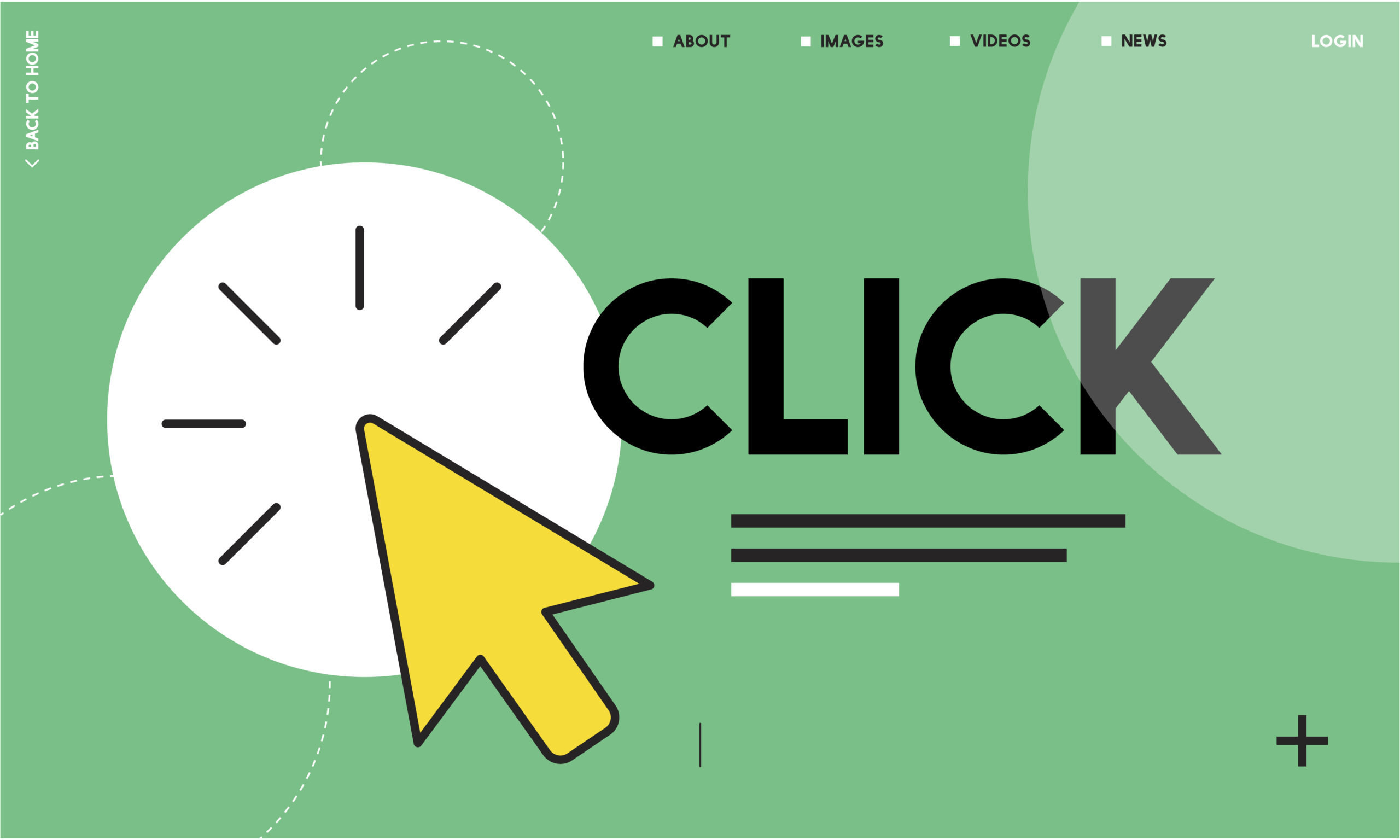PPC and SEO are indispensable tools for driving traffic and increasing visibility. While they serve different purposes, combining them can create a more powerful and effective strategy. If you rely solely on one, you may miss out on key opportunities. Here, we will break down why PPC and SEO should work together in your marketing plan and how to balance their benefits for the best results.
Understanding PPC and SEO: The Basics
What Is PPC?
PPC, or Pay-Per-Click advertising, is a paid marketing method where advertisers pay a fee every time someone clicks on their ad. These ads appear at the top of search engine results pages (SERPs) and can drive immediate traffic to your website. With PPC, you can target specific keywords, demographics, and even locations.
What Is SEO?
SEO, or Search Engine Optimization, focuses on improving your website’s organic ranking in SERPs. It involves optimizing your content, improving website speed, and earning backlinks to build long-term visibility. Unlike PPC, SEO does not require you to pay for each click, but it takes time to show significant results.
Key Differences Between PPC and SEO
Cost Structure
- PPC requires you to pay for each visitor through ad clicks.
- SEO involves upfront effort and time investment but generates free organic traffic in the long run.
Speed of Results: PPC and SEO
- PPC provides almost instant results once your campaign is live.
- SEO takes months of consistent effort to rank well in search engines.
Longevity: PPC and SEO
- PPC traffic stops as soon as you stop paying.
- SEO delivers ongoing results with consistent optimization.
How PPC and SEO Work Together
Combining PPC and SEO can create a stronger marketing strategy by addressing their individual shortcomings. PPC delivers quick wins, while SEO builds a sustainable foundation for long-term growth.
Increased Visibility on SERPs
By using both, you can dominate the search results. Your PPC ads appear at the top, while your SEO-optimized pages rank organically below. This increases your chances of attracting clicks from users.
Data Sharing for Better Insights
PPC campaigns provide valuable keyword data that you can use to improve your SEO strategy. Similarly, successful SEO keywords can inform your PPC campaigns for more efficient targeting.
Boosting Brand Awareness
When users see your brand repeatedly through both paid ads and organic listings, it builds trust and familiarity. This makes them more likely to choose your business over competitors.

Benefits of PPC and SEO Working Together
Reaching Short- and Long-Term Goals
- PPC can meet short-term goals like promoting a new product or seasonal sale.
- SEO supports long-term growth by establishing your brand as an authority in your niche.
Improved Conversion Rates: PPC and SEO
When users engage with both your PPC ads and SEO content, they are more likely to convert. PPC attracts immediate attention, while SEO nurtures trust through valuable information.
Effective Budget Management
By balancing PPC and SEO efforts, you can maximize your budget. Use PPC to target high-converting keywords and SEO to cover broader, less competitive terms.
Strategies to Combine PPC and SEO
1. Share Keyword Data
Analyze your PPC campaign data to find high-performing keywords. Incorporate these into your SEO strategy to create content that ranks well.
2. Retargeting with PPC
Use PPC to retarget users who visited your site through organic search but did not convert. This keeps your brand in their minds and increases the chances of conversion.
3. Test Content Ideas
PPC ads are great for testing which headlines or topics resonate with your audience. Once you know what works, expand on these ideas in your SEO content.
4. Optimize Landing Pages for Both
Ensure that your landing pages perform well for both PPC and SEO by including targeted keywords, fast loading times, and a clear call to action.

Common Challenges and How to Overcome Them: PPC and SEO
Challenge: Budget Allocation
Balancing the budget between PPC and SEO can be tricky. Start by prioritizing PPC for immediate results and gradually increase your SEO investment.
Challenge: Tracking Performance
Managing separate analytics tools for PPC and SEO can feel overwhelming. Use integrated tools like Google Analytics to monitor both strategies in one place.
Challenge: Staying Updated
Both PPC and SEO require staying up-to-date with algorithm changes and trends. Dedicate time for research and updates to keep your strategy effective.
When to Focus More on PPC
PPC is ideal when you need quick results or are promoting time-sensitive offers. It is also helpful for targeting competitive keywords that are hard to rank for organically.
When to Focus More on SEO
SEO is best for creating a steady stream of traffic over time. Focus on SEO when building authority, increasing credibility, or targeting informational keywords.

Measuring the Success of PPC and SEO Together
Track these metrics to measure how well PPC and SEO are working:
- Click-Through Rate (CTR): Tracks user engagement with ads and organic links.
- Conversion Rate: Measures how many visitors take action, like making a purchase or signing up.
- Cost Per Acquisition (CPA): Calculates how much it costs to acquire a customer through PPC or SEO efforts.
Conclusion: PPC and SEO
Combining PPC and SEO is not just a good idea; it is essential for a balanced marketing strategy. PPC delivers instant traffic, while SEO builds lasting visibility. Together, they complement each other and help your business grow both immediately and sustainably. Whether you are launching a new campaign or aiming to improve your existing strategy, remember that the synergy of PPC and SEO can drive the best results.









[…] position your agency as the go-to provider for that niche. For instance, if others focus on SEO, you could specialize in paid advertising or video […]